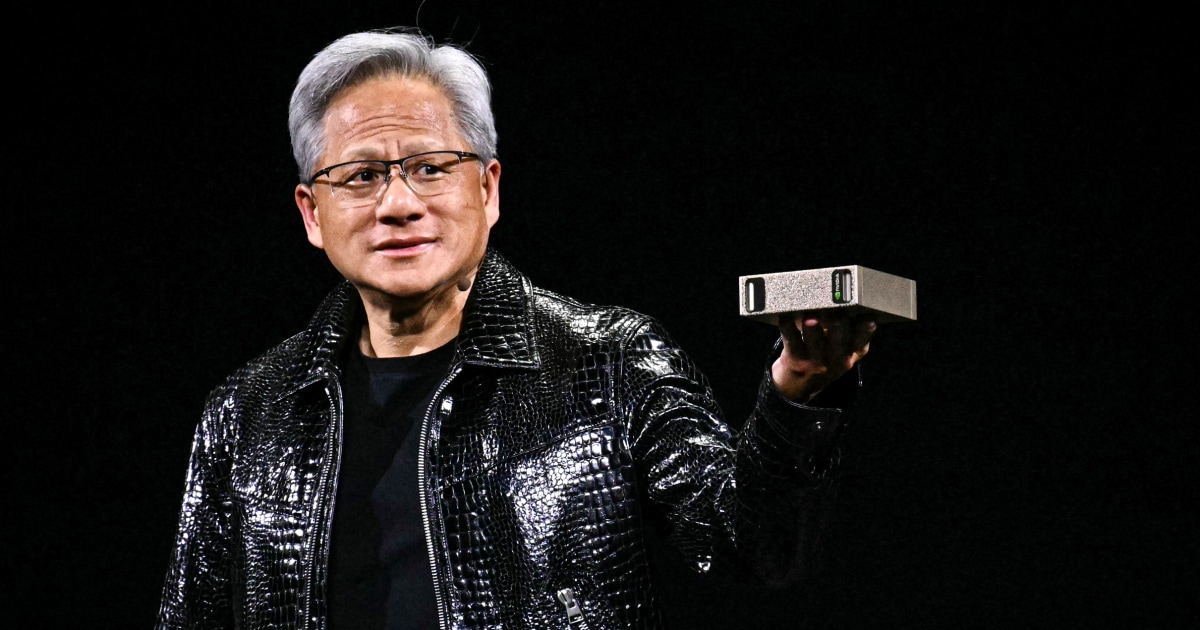Nvidia Unveils AI-Powered Gaming Chips and Robot Training Tech

The Facts
Chip-making company Nvidia introduced its new GeForce RTX 50 Series gaming chips at the Consumer Electronics Show (CES) 2025, featuring Blackwell artificial intelligence (AI) technology, with prices ranging from $549 to $1,999. The chips are set to hit the market in late January.
The products include Cosmos, an AI foundation model designed to generate "synthetic" training data for robots and self-driving cars to learn about the physical world, which will be available through an open license similar to Meta's Llama 3.
The new RTX 50 series chips incorporate RTX Neural Shaders for enhanced character rendering and autonomous character capabilities that can adapt to player strategies.
The Spin
Narrative A
Nvidia's new products are revolutionary. The Grace Blackwell Superchip will bring powerful AI computation to desktops, allowing developers to handle large models locally and boost AI research. Furthermore, Project Isaac Groot will enhance robotics development by simulating human demonstrations for robot training, making the creation of advanced robotics more efficient and accessible. These will lead to significant automation advances in various sectors.
Narrative B
The AI and chip frenzy, especially around Nvidia's Blackwell GPUs, is a bubble waiting to burst without artificial general intelligence (AGI). Between Nvidia's exorbitantly high prices, OpenAI ignoring massive training costs, and funding of revenue-lacking AI startups driven by speculation, the market is on an unsustainable path. Unless AGI becomes reality soon, this bubble, reminiscent of the dotcom era, is set to deflate and erase fortunes.






